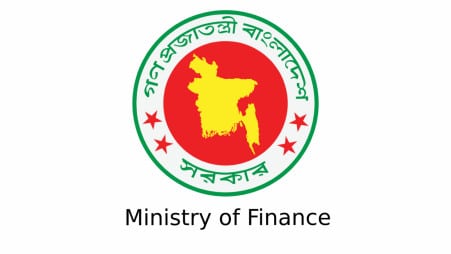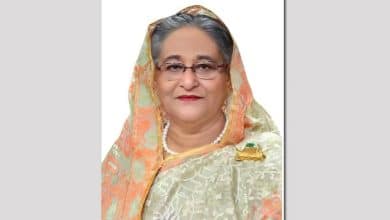FT report doesn’t properly reflect Bangladesh’s position on BRI loans: Ministry

The finance ministry has sent a rejoinder to the London-based daily Financial Times (FT) in connection with an interview published by the newspaper recently, TBS reports.
As per the report, Finance Minster AHM Mustafa Kamal, in an interview with the daily, warned that developing countries must think twice about taking more loans through China’s Belt and Road Initiative (BRI) as global inflation and slowing growth add to the strains on indebted emerging markets.
However, refuting such claims made by FT, Ministry of Finance Public Relations Officer Gazi Towhidul Islam, in a rejoinder, wrote that the headline of the FT report “Bangladesh’s finance minister warns on Belt and Road loans from China” (published on Tuesday, 9 August, 2022) does not properly reflect the minister’s actual position.
The ministry rejoinder, published as a “letter” by FT on Friday, reads as follows –
“We appreciate the Financial Times reporting on developments in the Bangladesh economy.
However, we feel the headline on your report “Bangladesh’s finance minister warns on Belt and Road loans from China” (Interview, FT.com, 9 August) does not properly reflect the minister’s actual position.
The report mentioned Sri Lanka, which defaulted on its sovereign debt in May and is in negotiations with the IMF. The report said that BRI loans had “exacerbated a severe economic crisis” in that country but it did not say that Chinese loans led to the defaulting; rather the problem arose from sovereign debt.
Minister AHM Mustafa Kamal in the interview made clear that any project in any country could be financed if it is proven financially viable through rigorous study. He stressed that Bangladesh would never take on finance from any authority if it were not feasible. He was in no way warning about Chinese loans.
To be clear, Bangladesh owes approximately $4bn to China — a trifling amount compared with Bangladesh’s gross domestic product of $416bn, and its external debt of $51bn (2021 figures).
The FT report said “[Bangladesh] foreign reserves have also fallen to less than $40bn from more than $45bn a year ago”. It should have been made clear that reserves stood at only $32.7bn in June 2019. By August 2021, they had risen 47 per cent to $48.1bn, the highest ever recorded in the history of Bangladesh.
Today, reserves stand at $40bn, enough for more than five months of import payments and beyond the risk threshold prescribed by the IMF.”





